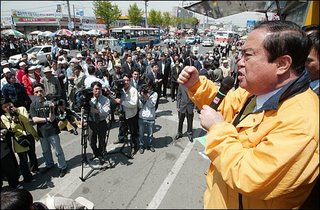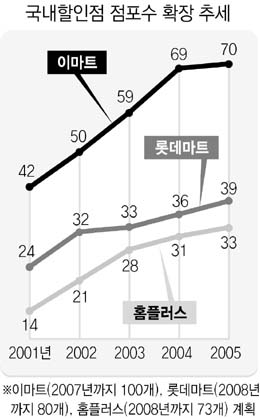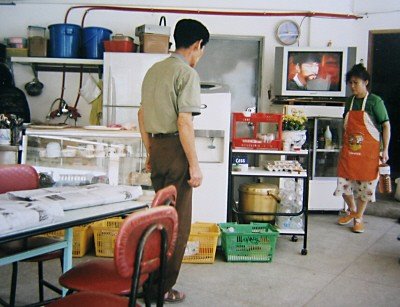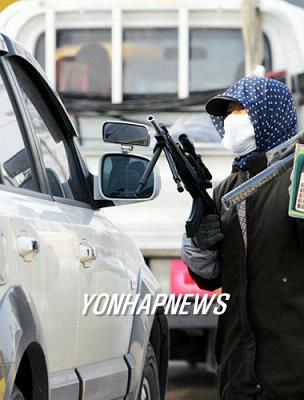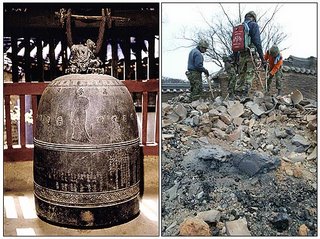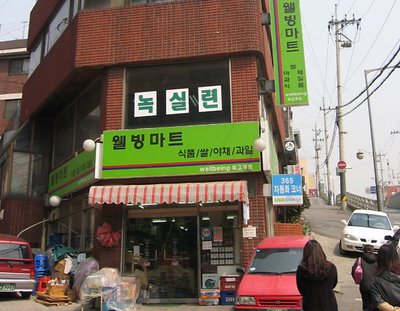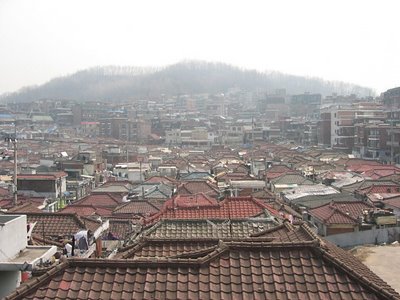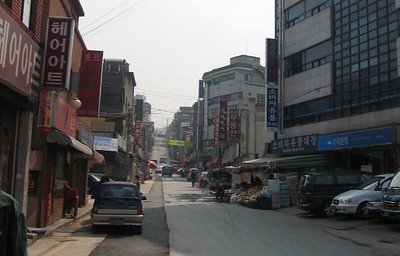"I killed Kim Hyông-uk" goes the dramatic headline in the Sisa Journal story, in which a former operative tells how he killed the former head of Korean Central Intelligence Agency (KCIA) in Paris in 1979. Mr Yi tells in the hard-obtained interview how they took care of Kim Hyông-uk (Kim Hyung-wook), who had been a close confidant of president Park Chung-hee but later collided with him and defected to USA:"We kidnapped the former KCIA head Kim Hyeong-uk in Paris on October 7, 1979 in a restaurant close to a casino. We were guarding the restaurant door when Kim was going to meet a Korean actress there, and succeeded in the kidnapping by pretended to be messengers from the actress. We drugged Kim in a Cadillac, and took him the following night to a chicken farm some four kilometers to northwest from Paris, and put him in a grinder to make him chicken feed." The circumstances of Kim's death have not been known, and in formal terms he went missing in Paris back then, but it's been widely thought that the ROK agents killed him in one way or another. The wildest rumor has him been taken back to Korea, where president Park himself killed Kim somewhere in a cellar.
Kim Hyông-uk had been the head of the KCIA, the most important state organ, for six years in 1963-1969 (from an adjoining Sisa Journal article), which were the years in which Park Chung-hee consolidated his power and also could add to his own legitimacy with the improved economy and standard of living. Kim was a parlamentarian for two years in the early 1970s, until he defected to the USA in 1973. There he testified in the Congress in 1977, heavily criticizing president Park. He was also going to publicize his memoirs which would have been quite damaging for pres Park, who tried to buy Kim out of publishing his book. Kim took Park's money, but gave his messenger in New York only a copy of the manuscript; parts of of the original were published in Japan. In October 7, 1979 he disappeared in Paris.
In the interview, Sisa Journal tries to have Mr Yi to tell that president Park Chung-hee gave direct orders to liquidate Kim Hyông-uk, but he won't admit any such thing. "Don't ask me things like that." Mr Yi tells that there won't be any documentation whatsoever about the murder of Yi, because no direct orders were given, and no official reports were filed. Yi tells that in general, president Park would say something like "he's a bad person" (kûnom mossûgettôra)," and the subordinate would tell pres Park only that "don't worry Mr president, I'll take the responsibility of this." Mr Yi doesn't tell anything about direct orders to do the hit, and about his meeting with pres Park in the early 1979 Mr Yi tells only that president poured him drinks and said only something like "a bad person, that Kim Hyông-uk whom I trusted is a bad person".
In another adjoining article the magazine asks the foreign division (?) head of KCIA of that time, Kim Kwan-bong, if there's any truth in the suspicions concerning the complicity of his office in the affair. He denies, and thinks that Cha Ji-cheol, the head of presidential guards (another powerful organization) might have been behind the order, as he was in a position to move the local KCIA operatives in Paris, as Mr Yi tells that they received assistance from KCIA men in France.
For the assassination, Mr Yi and the others in the team were sent to Israel already in 1978 to receive training from Mossad. The assassination team left Israel in a freighter, and arrived in Belgium, where they were taken by car to Paris. They stayed in Paris only for two days, and after the completion of the task they moved down south, went over the Spanish border, and got to Gibraltar, where they took a freighter back to Israel. Back to Korea they arrived via Japan. The Spanish route was chosen in order to go as hikers on the way to Pyrenees in case someone would ask.
Update.
Kotaji noted in the comments about what I already thought when writing the entry but forgot to add: what kind of connections have there been between the pre-democracy Korea and Mossad of Israel? Perhaps this kind of training was just another merchandise available for friendly nations. Haven't really been following this field, so I can't tell.
Update, April 27, 2005.
Ohmynews tells on April 26 that according to a source in the National Intelligence Service, the persons who were involved in the Kim Hyung-wook case back in 1979 are considering giving a "confession of conscience" (yangsim kobaek). The source maintains that the Service doesn't have any grounds to admit that the Mr Yi who talked with Sisa Journal would have been a KCIA operative. (Wasn't that how it was supposed to be in the first place: no traces.)
O Ch'ung-il, the head of the commission clarifying the past issues of the ROK intelligence services (국정원 과거사건 진실규명을 통한 발전위원회) (of which this source is a member of) wondered in a radio interview whether it was possible to dispose of the body of Kim Hyung-wook in a chicken feed grinder, because "chicken feed is made of dry stuff, and there is so much liquid in the human body." He doesn't say anything about suit buttons, pieces of fabric and so on, which I thought in the first place.
Update, May 3, 2005.
Ohmynews tells about the contents of the "Producer's Memo" program of MBC to be aired today. "Producer's Memo" went to France to investigate what "Mr Yi" told in the Sisa Journal interview quoted above, and also tracked the truth behind other statements by Mr Yi, of which "part could be proven true, but it's difficult to trust him fully." In France the MBC team found out that there shouldn't have been the kind of chicken feed grinders in use in early 70s that Kim Hyung-wook was said to have been killed in. Also the acress Ch'oe Chi-hûi (Choi Ji-hee?), who according to "Mr Yi" was used in getting Kim Hyung-wook to Paris, strongly denies having even been in that part of the world at the time. The Sisa Journal writer who did the original story with "Mr Yi" is not convinced by what "Producer's Memo" claims having found out, and is going to publish a critique of the MBC's program in the next issue of Sisa Journal.
So it seems that as long as National Intelligence Service (국가정보원), the follower of the Korean CIA, doesn't get active in this issue, finding any kind of conclusive truth will be difficult.
Categories at del.icio.us/hunjang: contemp.history ∙ Koreanpolitics ∙ people |



